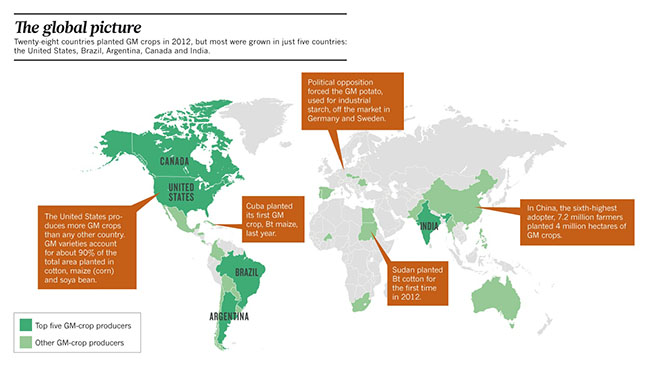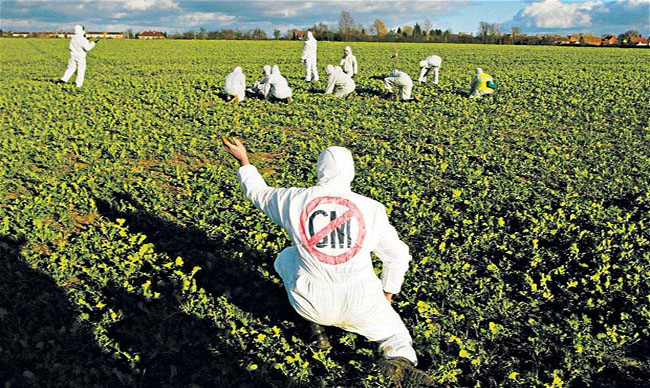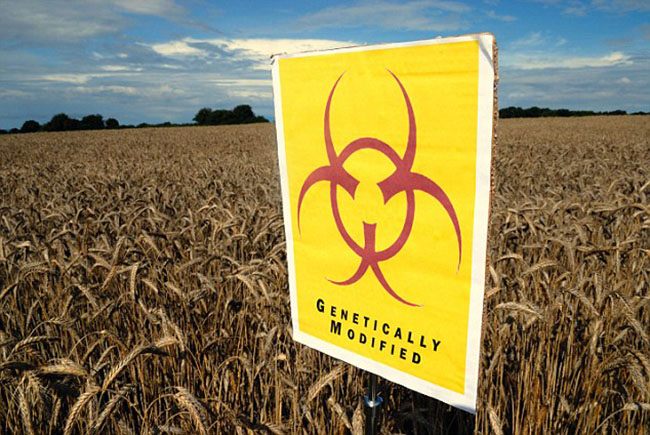Should GM food be on the table or not? A question that no one seems to have an answer for.
In a world with an ever-increasing population, food security is becoming a major concern. With the global population estimated to be at 9 billion by 2050 genetically modified (GM) food is thought by some to be the only answer to what is being described as a ‘global crisis’. However, there are groups that would completely disagree and believe GM to not only be unethical or immoral but a ludicrously expensive solution to the lack of food.

The issues concerning GM and the global population having enough food on the table were addressed on November 1st here in Cardiff at a conference held by The Royal Society, aptly named “Growing tomorrows dinner – should GM be on the table?”.
It brought together three principal speakers with very differing views on the use and regulations around GM. Stephen Tindale, former Director of Greenpeace UK, Huw Jones, Professor of Translational Genomics for Plant Breeding, Aberystwyth University and Liz O’Neill, Director, GM Freeze.
Speaking for the ‘for’ group, Huw Jones stated that he believed “GM should be grown in the field and be available in the supermarket but if it’s on the table should be up to the consumer”. To counter anything at all said by Huw, the director of GM Freeze, Liz O’Neill was on hand. She stated, “Poverty and hunger cannot be solved at the molecular level” and suggested that other holistic approaches need to be more thoroughly explored.

What became hugely apparent during the conference was that the ‘for’ and the ‘against’ factions and even those that occupied the middle ground were so dead-set in their own beliefs that the conference, which should really have been an open debate, became something akin to a farce.
Both of the speakers made valid points for and against the use of GM foodstuffs, the real issue was with how the members of the audience interacted with the speakers. Liz came under huge scrutiny as the majority of the audience was made up of pro-GM natural scientists, many of whom were either students or lecturers in Cardiff University.
One audience member asked Liz “what is it that scares you so much about GM?”. Many and more questions were fired at the GM Freeze director who was constantly berated throughout the debate part of the conference.
Liz herself said “the process itself isn’t the issue, I don’t have a problem with the science but the regulations that control it”. This however was not enough for the audience who continued to treat her like a bigot for simply suggesting alternatives be explored and a more holistic approach to food scarcity should be employed.

Huw readily agreed that GM wasn’t the only way forward and when asked if other alternatives to GM, such as waste reduction in the food industry was a viable option he said, “yes other options must be explored, GM isn’t the solution, it’s part of it but new technology in waste reduction hasn’t come on in the way GM has in the last decade”.
The real issue with GM moving forward is that both the for and against groups are so keen to put the other party back in its place that there is no room for securing solutions to world hunger because as I found from the conference, the thrill of the battle is all too exciting for any progress to be made towards a remedy.
